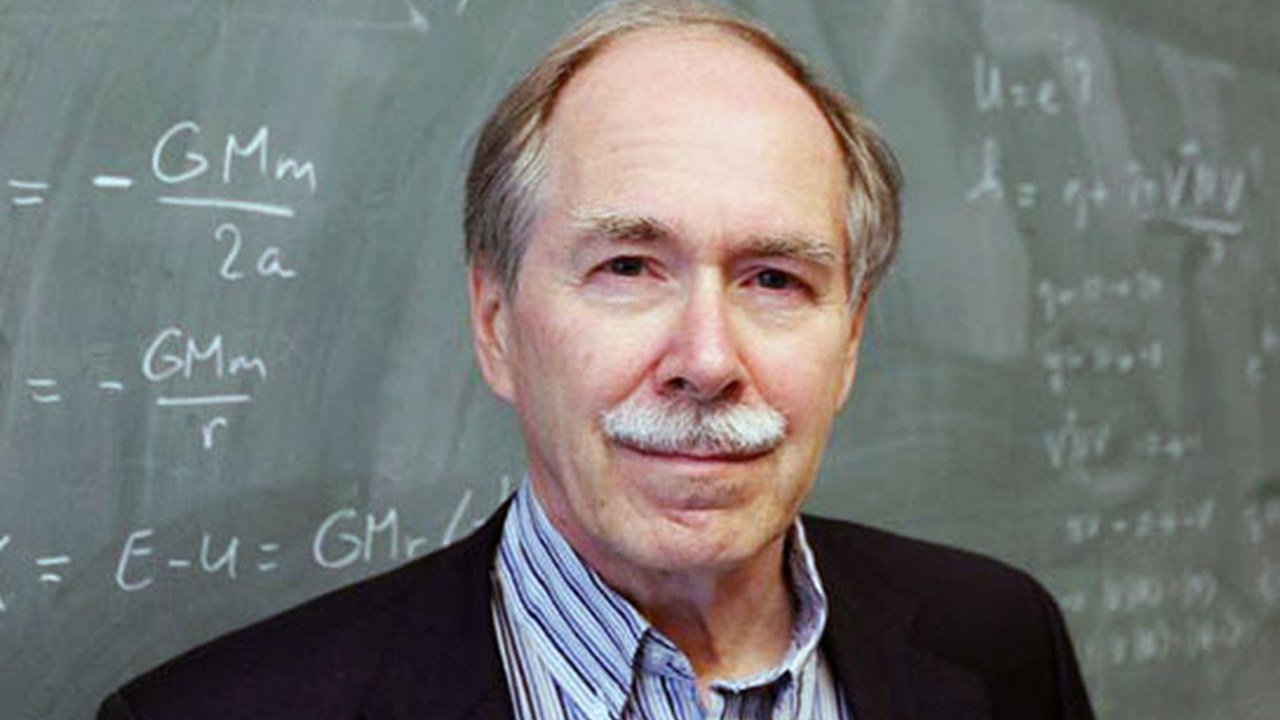Gerardus 't Hooft: Quantum black hole physics
Colloquia
- Speaker
-
Gerardus 't Hooft
Institute for Theoretical Physics, Universiteit Utrecht, The Netherlands - When
-
2018/10/03
12:00 - Place
- DIPC
- Add to calendar
-
iCal

Institute for Theoretical Physics, Universiteit Utrecht, The Netherlands
Since Hawking's discovery that quantum field theoretical features force black holes to emit articles at a calculable rate, some researchers realised that some modifications in the laws of General Relativity in its relation to Quantum Mechanics may be called for. This is of crucial importance for a better understanding of Quantum Gravity. It is often claimed that (super)string theory, adorned with AdS/CFT conjectures, should provide for all the answers, but we claim that this is not so. These theories are not sufficiently precise to notice violations of unitarity and causality, caused by subtle quantum singularities such as "firewalls" along the event horizon, if one is not sufficiently careful in choosing boundary conditions at this horizon. But one can do the calculations without string theory or AdS/CFT, and then some remarkable results arise, leading to predictions that might become experimentally observable when horizons can be inspected with telescopes.
Prof. 't Hooft's web page
Wikipedia article
About the speaker
Gerardus 't Hooft (*1946) is a Dutch theoretical physicist and 1999 Nobel Prize laureate. He obtained his PhD on the subject of "Renormalization Procedure for Yang-Mills fields" from the University of Utrecht in 1971. It was a breakthrough in the efforts to renormalize non-abelian gauge theories and the basis for the Nobel Prize he was later awarded together with this thesis advisor. After his doctorate 't Hooft went to CERN in Geneva as a research fellow. In 1974, 't Hooft returned to Utrecht where he became assistant professor. In 1976, he was invited for a guest position at Stanford and a position at Harvard as Morris Loeb lecturer, before he returned to Utrecht as Full Professor in 1977. In 2011 he was appointed Distinguished Professor by Utrecht University.
Prof. 't Hooft has made groundbreaking contributions to the understanding of black holes, quantum gravity, quantum field theories, and fundamental aspects of quantum mechanics. For his research he has received many awards, including the Wolf Prize (1982, together with Dyson and Weisskopf), the Lorentz Medal (1986), the Spinozapremie (1995), the Franklin Medal (1995), the Nobel Prize (1999, together with Veltman), the Ettore Majorana Prize-Erice-Science for Peace (2011), and the Niels Bohr Institute Medal of Honour (2016). He also holds many honorary degrees and professorships from universities all over the world, and is member of several national academies of sciences.
